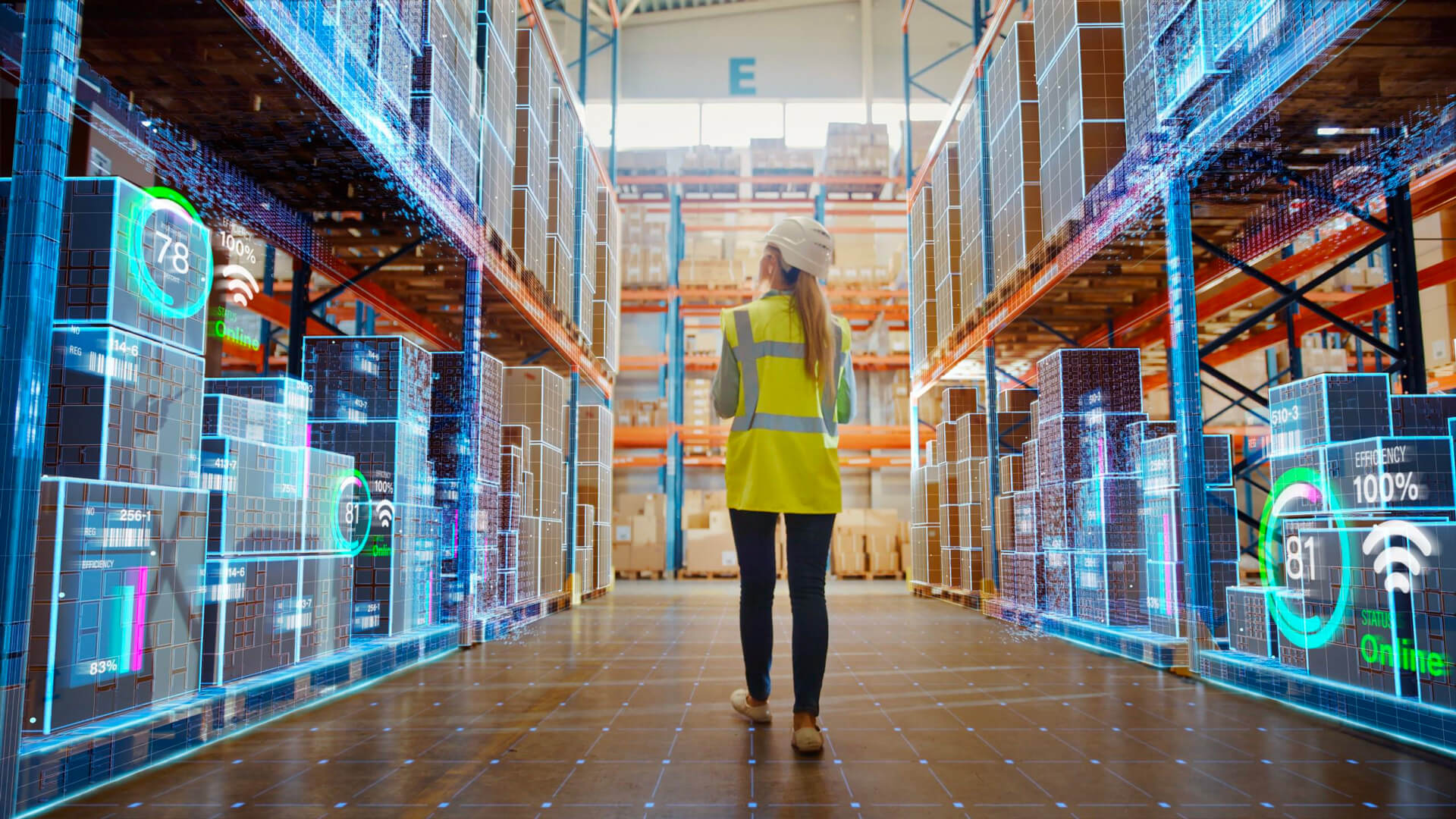Quick Insights: 4 Technologies Addressing Delayed Parcel Deliveries

The supply chain industry is a complex and interconnected system that involves multiple participants, from manufacturers to retailers. To ensure a smooth flow of goods and services, each component of the supply chain must work together seamlessly. However, unexpected disruptions can have a significant impact on the entire system, leading to delays, increased costs, and reduced customer satisfaction. One of the key areas that can cause disruptions in the supply chain is terminals.
Terminals are critical nodes in the supply chain that serve as the transfer point between modes of transportation. They provide a platform for loading and unloading cargo, conducting inspections, and managing customs clearance. With the rise of global trade, terminals have become increasingly congested, leading to bottlenecks and delays that disrupt the supply chain. According to a report by the World Bank, terminal disruptions are the primary cause of supply chain delays, accounting for approximately 40% of total delays.
The impact of terminal disruptions on the supply chain can be significant and far-reaching. For instance, a delay at a terminal can lead to missed shipping schedules, causing a ripple effect throughout the supply chain. This can result in increased costs for manufacturers, retailers, and carriers, as well as decreased customer satisfaction. Additionally, the uncertainty caused by terminal disruptions can make it difficult for companies to plan and make informed decisions, leading to a loss of competitiveness in the global market.
Emerging technologies addressing terminal disruptions and delayed deliveries
In the face of terminal disruptions, finding effective solutions to mitigate their impact becomes crucial. Fortunately, advancements in technology have paved the way for innovative approaches. Here are some ways emerging technologies can play a pivotal role in minimizing the consequences of terminal disruptions:
Real-time monitoring and predictive analytics
Leveraging the power of the Internet of Things (IoT) and big data analytics, real-time monitoring of terminals becomes a reality. By collecting and analyzing data on vessel traffic and cargo flow, organizations can shift from reactive to proactive strategies by identifying patterns and predicting potential disruptions.
Automated decision-making
By harnessing artificial intelligence (AI) and machine learning (ML), companies can automate decision-making processes, reducing the likelihood of human error. Automated systems can prioritize cargo based on various factors, such as delivery deadlines and value, to ensure efficient handling and reduce the risk of delays.
Digital twin technology
Digital twin technology offers a virtual replica of a physical asset, including terminals, enabling simulation and analysis of their behavior in a risk-free environment. By utilizing this technology, companies can forecast the effects of external factors like weather patterns or demand fluctuations on terminal operations. Armed with these insights, informed decisions can be made to minimize disruptions.
Blockchain
Blockchain, a decentralized ledger, revolutionizes supply chain management by ensuring accurate and secure tracking of goods and information. By leveraging blockchain, companies can mitigate the risks of data errors and delays. Furthermore, improved transparency and reduced fraud risk enable real-time decision-making based on reliable information.
Conclusion
Terminal disruptions are a major challenge for the supply chain industry. However, with the help of new technology, it is possible to mitigate the impact of these disruptions and ensure a smoother flow of goods and services. By using real-time monitoring, predictive analytics, automated decision-making, digital twin technology, and blockchain, companies can reduce the risk of delays and improve the overall efficiency of their operations. The future of the supply chain industry lies in the hands of technology, and companies that embrace these innovations will enjoy greater resilience and the customer satisfaction that comes with on-time deliveries.
Damian is a Business Relationship Manager for Softtek's Transportation and Logistics vertical with more than five years of experience supporting leading companies in the industry with their digital transformation. Visit Softtek's Transportation and Logistics page to connect with our experts and explore our services.
.png?width=352&name=AI%20supply%20chain%20(1).png)
.png?width=352&name=ChatGPT%20Image%20Apr%2029%2c%202025%2c%2012_58_10%20PM%20(1).png)
